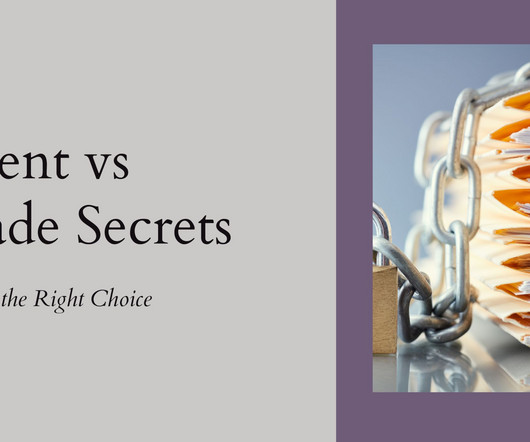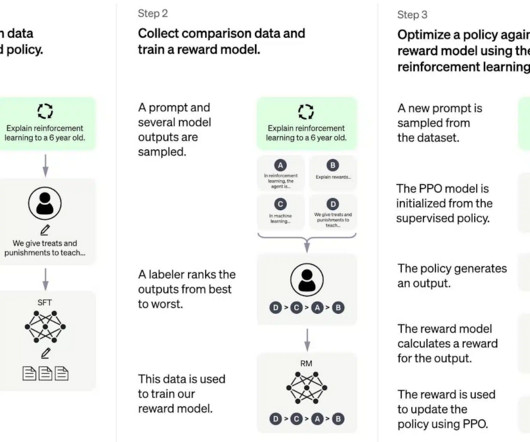Patenting Inventions Produced in the Course of Employment: Rights and Obligations of Private and Public Sector Employees in Canada
IPilogue
JULY 7, 2021
While an employer may have invested significant resources to facilitate the production of an invention and wish to capitalize on their investment, their employee also likely devoted significant time and energy into developing the invention and may feel entitled to benefit from its associated IP. Private Sector Employees.
























Let's personalize your content